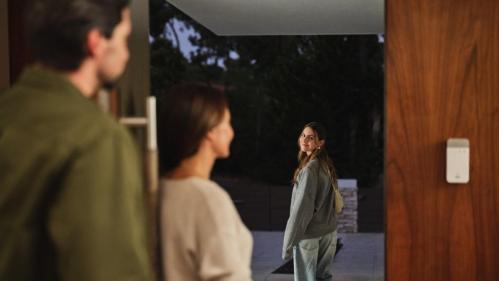
What follows are eight steps you can take to limit exposure to man-made pesticides and protect you from certain types of cancer, as well as high dioxin intake. A diet that is rich in fresh fruit and vegetables, legumes, and fibre may help your body get rid of toxins.
Food such as dried beans, peas, citrus fruit, spinach and broccoli are all high in folic acid. Consuming these foods before and during pregnancy will help prevent neurological defects from developing in your child.
Quit smoking and limit your intake of alcohol and caffeine. Smoking during pregnancy, or exposure to second-hand smoke, can result in giving birth to an under-weight baby. Alcohol abuse can cause foetal alcohol syndrome and regular amounts will also impact negatively on your child's development during pregnancy. Excess caffeine will lower overall health.
Dioxin, PCB and mercury are present in animal fat. Predatory fish, such as tuna and salmon, should only be eaten once a month. Meat should be trimmed of fat and skin, and broiling is a better way to cook it since the fat drips off the food. Avoid full-cream dairy products.
Beware of possible lead in calcium supplements. Those made from bone meal, dolomite, or ground oyster shells can have high lead content. Eat foods that are naturally high in calcium; beans, dark green vegetables and tofu. Your drinking water should be free from lead and chlorine by-products. Have it tested and install a good water filter if needed.
If your house is old, you should have the paint tested for lead. If you do have lead paint, it should be removed by a professional and you should vacate the premises until all the lead paint is gone and the affected areas repainted. Lead is a heavy metal that accumulates in your body. It is stored in your bones and passes through the placenta to your developing child. Paint testing should be done by a government-approved laboratory.
Don't use dry cleaners that use the toxic solvent perc. Perc that is absorbed into your body, builds up in fatty tissue and ends up in breast milk.





